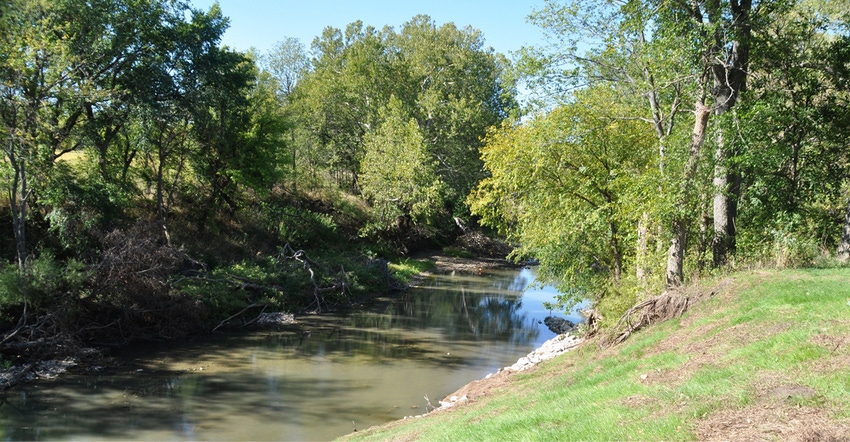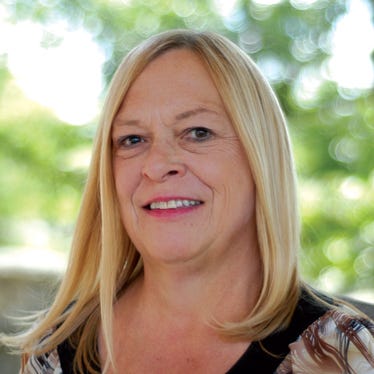
The end of September brought something that almost any Kansan watching state government knew was coming — a study of the state’s tax system with an eye to what needs to be changed to move forward with building the infrastructure and recovering from the damage done during the Brownback “great experiment” years.
The Governor’s Council on Tax Reform, which will make specific statutory recommendations to state legislators when the 2020 session opens in January, met for the first time Sept. 24-25 in the State Capitol in Topeka.
I sure don’t envy the legislators the task of trying to figure out how to reform the state’s tax system in a way that helps continue the recovery from the severe shortages created by the failure of the tax policy changes enacted in 2012 and find a way to move forward in a climate of intense uncertainty.
The Kansas fiscal system has three primary supporting legs: agriculture, oil and gas, and manufacturing — especially aviation and agricultural machinery manufacturing.
The tax reform council began their work with an overview of state tax policy change that were made in 2012 and changes since then with presentations on the current status of revenue, economic development, transportation and labor, with a special look at sales taxes and property taxes.
The latter is especially important to Kansas farmers who saw their property taxes skyrocket during the Brownback years and who area now struggling through a downturn made worse by adverse weather, low commodity prices and an ongoing trade war that has devastated markets.
Gov. Laura Kelly has said she wants the legislature to find a balance in tax fairness and stability that will allow a continued balanced budget while keeping the tax burden as low as possible.
This won’t be an easy job. Sales taxes are high and complicated. Property taxes are high at a time when state support to local communities is shrinking.
At the same time, the cuts made during the Brownback years have hurt the quality of education, investments in good roads and amenities, which complicates efforts to recruit businesses that would get the state’s economy and population growing again.
In a way, the mess that we are in reminds of a scary financial lesson I learned as a young adult: you don’t want to get behind when it comes to paying essential bills. If you decide to delay the electric bill to buy something you want — say a new end table — you are going to see a double electric bill that makes it hard to juggle next month’s gas and water bills.
Worse yet, if you decide to dip into the contingency fund that provides a cushion against a dead water heater or dishwasher to take in that concert with an overnight stay (and throw in a little extra for a T-shirt), you’ll be left in a really tough position when the water heater goes out.
That’s kind of what Kansas is looking at. Brownback robbed all the savings from the 20-year Transportation Plan to give his best friends a present in the form of a big tax cut. When the roads needed repair, the money that should have been there was gone, so the repairs haven’t been made.
Multiply that by just about every fund you can think of (including pensions for state employees) and it gets increasingly hard to figure out the path forward.
The legislature moved to reverse most of the disastrous tax experiment. Now they have to figure out how to mop up. Like I said, I don’t envy them the task. But I sure hope they get the job done.
About the Author(s)
You May Also Like






